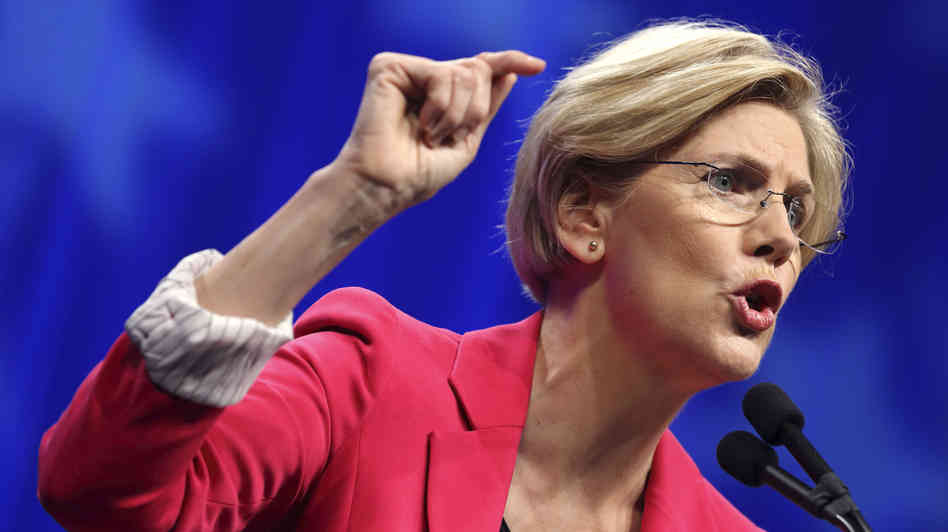At some point we need to stop pretending that we are given a limited cast of individual political actors because there is no one else out there, that the international economy can be guided or manipulated by just the right person, that Wall Street will genuflect and we will all be saved.
| The economic powers do not care if abortion after three months is legal or if Lance Armstrong lied about steroid use or if Obama is from Kenya. They care most about the unimpeded movement of capital. |
Above all, we need to stop focusing on candidates as celebrities and start worrying about the real powers that use candidates as chess pieces. The flow of capital is not governed by the capitals of countries—they are subject to its peregrinations. The few watch their funds rise every few seconds, and the rest of us watch it flow away from us like a tide that’s continually ebbing. And somehow we—not a solitary person in office—have got to turn this around.
It’s an easy story for the media to write: the story of Hillary’s return, the political life of America as a soap opera with a limited and familiar cast of characters. The House of Clinton is back. In retrospect, we see the House of Clinton as the interregnum for the House of Bush. Maybe in 10 years, we’ll see the House of Bush as the interregnum for the House of Clinton with Obama as a placeholder—if you want to view history that way. All this means is that the needle moves slightly left or slightly right of a center governed by capital.
The media focus on cartoon cutouts who assume their marks on the political stage. It’s a story that masks the real story of the larger economic forces governing the world. (And let’s not forget that actors too big to fail, such as JPMorgan Chase, boast major media investment portfolios.)
That may be why Elizabeth Warren says, when asked, that what she’s doing has nothing to do with running for president; it’s about changing institutional actions, particularly so they can possibly regulate the manner in which capital moves, generating new winners and losers. She’s telling us that’s the story and that’s the leverage she’s seeking. But the press reduces this to political stick figures, as if they are the story and not representations in two dimensions of the push-pull that runs our country and our world.
This is not to say that if Dick Cheney were still in power we wouldn’t be bombing Iran or if JFK had not been elected to start back-door rapprochement with Khruschev we would have a nuclear test-ban treaty. Elections do matter, but clearly the Dulles brothers couldn’t let Kennedy wander too far off the military-industrial complex, and the kings of Citigroup and JPMorgan Chase knew they could live with a moderate Democrat, who could be a better salesman than a one-note Republican when talking about being too big to fail.
The economic powers do not care if abortion after three months is legal or if Lance Armstrong lied about steroid use or if Obama is from Kenya. They do seem to like the promise of the Affordable Care Act that many more people will be covered by insurance and receiving medical care—driving up the value of pharmaceuticals and hospitals. They care most about the unimpeded movement of capital.
That’s what Elizabeth Warren is saying: If you want to put me in the presidential race, I’ll go along to call more attention to the battle over the control of capital. But she’s not fighting for pole position in 2016. She’s using the bully pulpit of the Senate to denounce the tardiness of regulations to implement the Dodd-Frank legislation to begin to reform the financial industry. She’s calling for a new Glass-Steagall Act, eliminated under the Clinton presidency, to separate depository and investment banking. If they want to give her a premature presidential horse race as a pulpit, she’ll take it.
Warren and any reader of William Greider’s groundbreaking Who Will Tell the People can tell you that we are engaged in a continual war with the kings of capital. As Greider showed in the 1990s, industries fight the first offensive when regulatory bills work through Congress, but they wield their greatest power away from the limelight when the rules are drawn up—or not drawn up, as the case may be.
While Elizabeth Warren is trying to tell the people, we are being fed the Amazing Race with the press lining up candidates years before the starting gun. So far the contestants they’ve given us are two very smart women in their 60s, a bruiser from New Jersey, and a couple of younger guys who strut like peacocks and get their news from Wikipedia. Undoubtedly, the first stop in the race they draw up will be a run to Wall Street to pull a note from the mouth of the bronze bull (the Golden Calf grown up) to tell us what we’re supposed to do next.
Geoff Rips is a former editor of the Texas Observer and a regular contributor to The Washington Spectator.






0 Comments